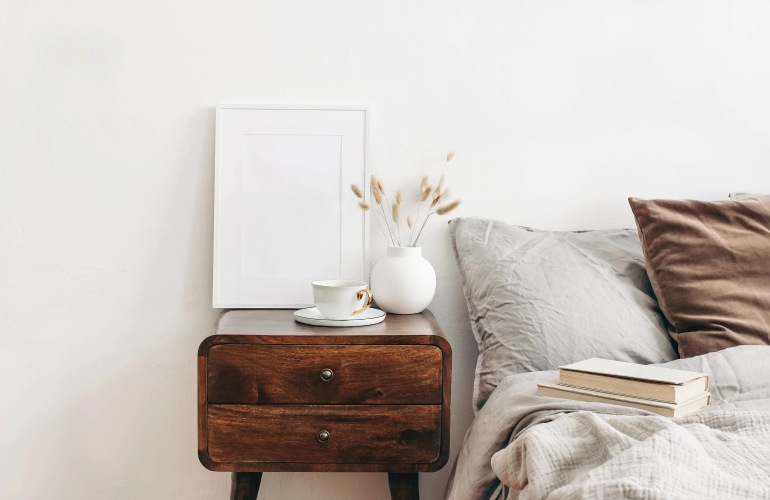To say that a few things have changed for us physically and mentally since our twenties would be like calling Bill Gates a moderate success. Gross understatement. But here’s a fact that may surprise you. Though we may look and feel differently than our much younger selves, according to the National Sleep Foundation, we still need just as much sleep.
How Much Sleep Does a 60-Year Old Woman Need?
A sleep panel studying the different sleep requirements for various age groups found that younger adults should aspire to 7 to 9 hours per night. Their results indicated older adults functioned optimally with between 7 and 8 hours nightly. Hardly the significant difference you might expect based on, how shall we say, the mirror?
Nothing derails a day like a night spent tossing and turning, unable to maintain a deep, regenerative slumber. Unfortunately, studies show the relationship between aging and sleep is inversely proportional. The older we get, the less likely we are to drift off quickly and stay that way through the night.
The magic age appears to be 60 when shifts in hormone and melatonin levels may begin to interfere with our beauty sleep, causing us to take longer to get to dreamland, and have more difficulty staying there uninterrupted.
It’s tough to overstate the importance of sleep. Lack of it has a profound impact on both our mood and our immune systems. It’s as vital to our wellbeing as exercise and a healthy diet.
If your insomnia is persistent, check with a professional to rule out any underlying medical issues. For occasional difficulty falling and staying asleep, check out these tips for finding bedtime bliss.
Develop a Consistent Routine
One of the best treatments for insomnia in older adults is one of the simplest. Create a bedtime routine and repeat it every night. Whether it’s going to bed at the same time, having a cup of warm milk or herbal tea before bed, or enjoying a warm soak in the tub before slipping under the covers. All that matters is you find a consistent routine that relaxes you and signals both mind and body that it’s bedtime.
Address Your Stress
Worry is the enemy of sleep. Create a diversion for yourself to move your stress to the back burner so you can get a good night’s sleep. Writing in a journal, watching silly television, or immersing yourself in a good book before lights out may be helpful. Whatever works for you. The main point is to focus on something other than your stressors right before bed.
Naps? Just Say No
Some people can enjoy a nap in the afternoon and sleep like a baby at night. But for others, daytime shuteye makes nighttime sleep challenging. If you have insomnia, you may want to avoid naps and save those beautiful dreams for bedtime.
Get Moving
Exercise serves many masters. It’s both an energizer and a sleep enhancer. A sedentary lifestyle may make you feel lethargic, but unlike exercise, it won’t tire out your body in a healthy way that promotes good sleep.
Create A Peaceful Sleep Environment
The older we get, the more sensitive we become to noise, light, and temperature fluctuations. Make sure your bedroom is quiet, dark, and cool. Maybe it’s time to turn the mattress, or even invest in a new one that is super comfortable. If you’re easily distracted from sleep by even the slightest noise, try a sound machine or even earplugs.
Now that you’re feathering an empty nest, it may be time for a complete change of scenery that includes a whole new bedroom. Overture’s active adult apartments are designed with the comfort and wellbeing of older adults in mind. Think of it as just what the sleep doctor ordered.
Sweet dreams!

